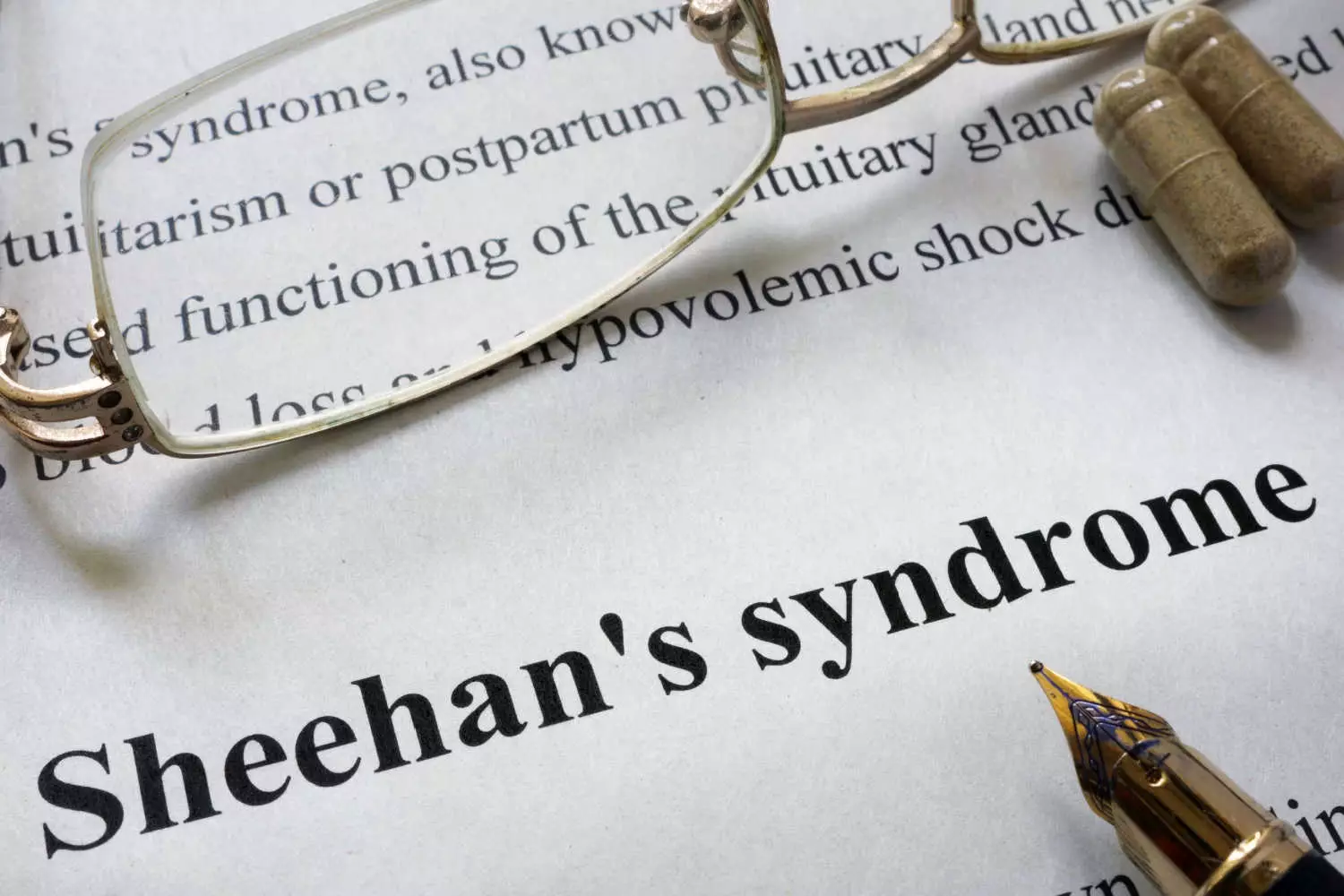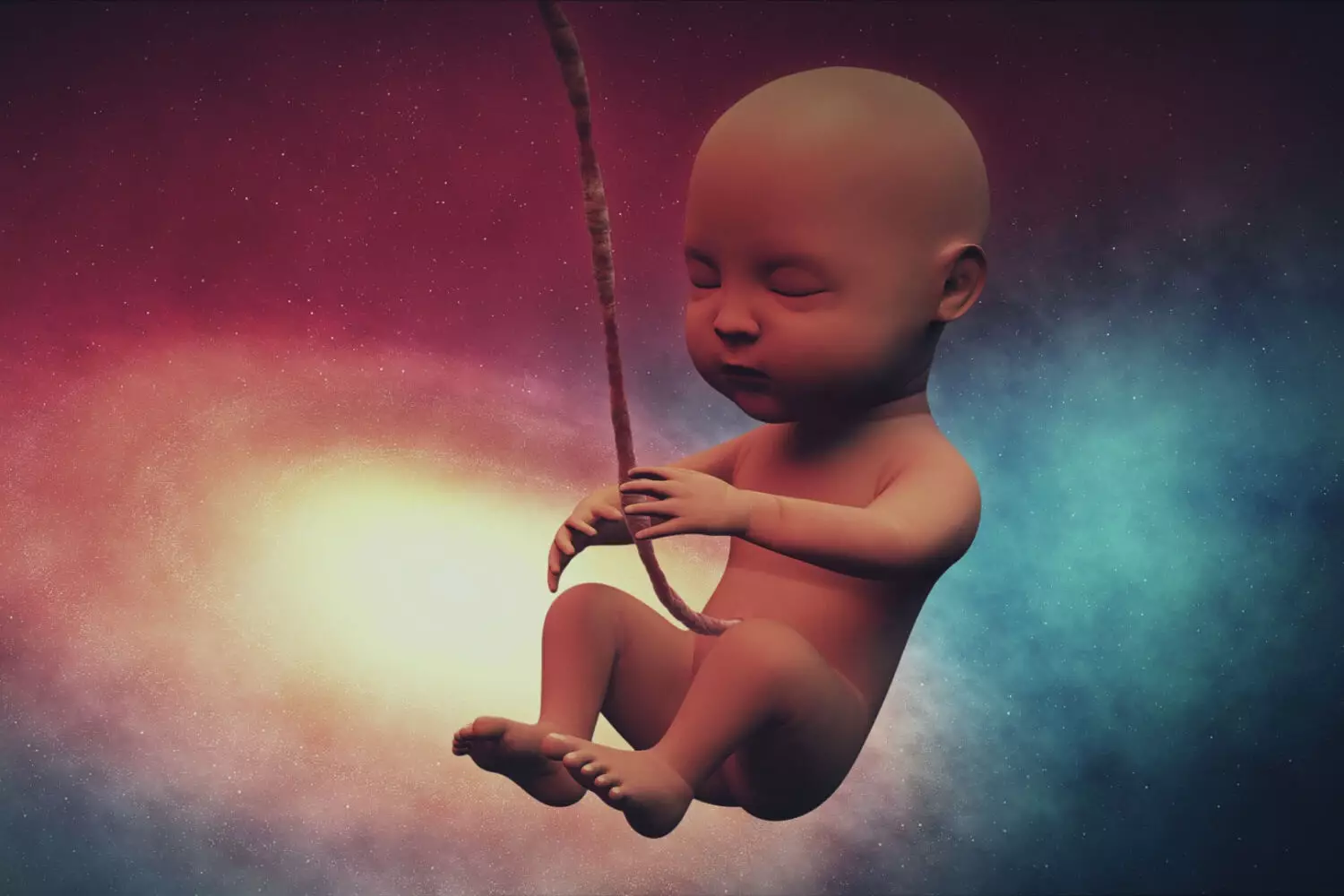
10 Potential Complications With Twin/Multiple Pregnancies
6 min readWritten by Editorial Team


When you are expecting twins or multiple babies, it is essential to understand some potential complications that may be observed during twin or multiple pregnancies. A twin pregnancy is a double blessing, but it can also carry greater risks than being pregnant with a singleton. By knowing these risks, you will be better equipped to take care of yourself emotionally and physically if you face any issues during your pregnancy. We are describing some major complications with twin/multiple pregnancies. Some of them affect babies, while others may not be good for the mother’s health.
The double happiness on the way also means double care now. Apart from potential complications, carrying twins or multiples can also cause a bad case of morning sickness, varicose veins, and extra weight gain.
In This Article
10 Potential Complications With Twin/Multiple Pregnancies
A multiple or twin pregnancy comes with some major complications. Some of them affect babies, while others may not be good for the mother’s health. Following are 10 potential complications with twin or multiple pregnancies.
1. Low Birth Weight
The twins almost always don’t have an opportunity to achieve a normal, healthy weight before they’re born. While a normal single baby weighs around 3.5 kg at birth, a normal twin (even if born at term) weighs around 2.5 kg or less. Babies born weighing less than 2.5 kg are considered to have a low conception weight.
Babies with low conception weights are prone to have health issues in spite of a term birth. Low-birth-weight babies usually have difficulty breathing on their own. They may be incapable of fighting infections. All these factors affect the baby or babies badly
2. Gestational Diabetes

A woman pregnant with twins has about twice the chance of getting gestational diabetes as a woman carrying one baby. The good news is that gestational diabetes, though, can cause harm to mother and babies (stillbirth, shoulder dystocia, preterm birth is usually associated with gestational diabetes) yet, is very much treatable once detected.
Though you will be monitored closely, and many women are able to keep their sugar levels controlled by diet and exercise, yet some may need to take insulin shots or pills as well
3. Premature Delivery /Preterm Labor
The chances of premature delivery are higher with a twin pregnancy. The average rate for twin deliveries is within 36 weeks. The more babies a woman carries, the higher her chances of premature delivery. Premature delivery takes place as a result of preterm labor. Preterm labor happens when a pregnant woman experiences labor earlier than the normal gestation period, prior to 39 weeks.
Many women with multiple pregnancies experience it, but if it is addressed timely by a doctor, the situation can be controlled. Premature babies may have certain health problems, but thanks to advanced technologies, these days, they survive well and live a healthy life.
If you are pregnant with twins, it is better to prepare for preterm delivery mentally, and the possibility of your preterm baby spending some time in NICU (Neonatal Intensive Care Unit).
4. Increased Risk Of Miscarriage
The risk of facing a miscarriage is higher for twin pregnancies when compared to single pregnancies. Also, identical twins (monozygotic) are more likely to miscarry than non-identical twins (dizygotic). Most miscarriages occur during the first trimester of pregnancy (around 36%).
Of this, about 9% of miscarriages result in the loss of both babies. The other 27 percent of miscarriages affect only one of the twins, and the second one will survive. These statistics evidently look high. But don’t worry. Once you pass the 20th week, the risk of miscarriage will go down noticeably. 90% of the mother will pass the pregnancy and delivery without any issues
5. Twin-To-Twin Transfusion Syndrome (TTTS)

TTTS is a very serious complication, but it is very rare. It occurs in 15% of all cases of identical twins. This is a condition that happens when identical twins share a placenta. Because of this, the blood flow between them is not the same. Due to this, one baby gets too much blood, and the other becomes anemic because of a lesser blood supply.
The recipient twin’s blood volume increases and there will be an increased chance to strain on his heart which leads to heart failure. It is not good for babies, but in such cases, pregnancy is monitored carefully by the doctor with frequent ultrasounds to avoid the risk
6. Monoamnionic Monochorionic (Mo-Mo) Twins
A very small percentage of twins get affected by this condition where their umbilical cords become entangled, preventing the flow of oxygen and other nutrients to their developing bodies. Unfortunately, there is no treatment for it other than delivering the babies. Doctors monitor the mother carefully in such cases
7. Placental Abruption
If the placenta detaches itself from the uterine wall before the time of delivery, it can pose serious threats to the baby’s growth resulting in stillbirth, preterm delivery, and other complications. Chances of placental abruption are higher in twin pregnancies.
It can happen anytime after 20 weeks of pregnancy, and it affects only 1% of pregnant women. In the case of multiple pregnancies, abruption may occur just after the first baby has been delivered vaginally. Once abruption happens, the other baby or babies delivers by means of cesarean section
8. High Blood Pressure And Pre-eclampsia

If you are expecting twins, the chances of high blood pressure are much higher than if you were expecting a single baby. Elevated blood pressure may also become one of the reasons for the condition called pre-eclampsia. It is one of the top complications with twin/multiple pregnancies. Around 13% of women with twin or multiple pregnancies experience this condition.
Preeclampsia is a serious complication of pregnancy marked by high blood pressure, protein in the urine, kidney, or liver abnormalities. The chances of preeclampsia in twin pregnancies are three times more than in single pregnancies
9. Heart Failure
One study states that women with multiple or twin pregnancies are more likely to have a risk of heart failure. About 13% of women carrying two or more fetuses suffer from this danger
10. Obstetric Cholestasis
One more complication is seen during twin or multiple pregnancies, known as obstetric cholestasis, it is very rare. Obstetric cholestasis is an uncommon pregnancy condition that affects the mother’s liver and makes her feel intensely itchy without any skin rash. Mothers carrying twins are more likely to develop this condition. This condition can cause a severe effect on the babies
What Is Vanishing Twin Syndrome?

Vanishing twin syndrome is a phenomenon in which an early scan discloses a twin pregnancy, but in the subsequent scan, only one baby disappears. This happens when the woman conceives twins, but one of them is lost as a result of an early miscarriage and gets entirely reabsorbed by the mother, placenta, or the remaining twin. The mother shows hardly any symptoms of miscarriage.
Vanishing twin syndrome happens in 21%–30% of multiple pregnancies. Sometimes the statistics exceed those on file. Because many of these early miscarriages are passed without discovery, read more about vanishing twin syndrome here.
Reach out to the doctor if you feel anything that is not quite right. Except for early labor, the chances of other complications are pretty low, so try not to worry too much about the possibilities and risks. Your doctor will take all the necessary steps for you and your kids’ well-being.
Most twins are born early, but healthy, so enjoy the pregnancy and await the double/multiple surprises!
FAQ’s
1. How Should You Sit When Pregnant With Twins?
Spread your whole weight equally over both hips. Maintain a straight angle between your hips and knees (use a footrest or stool if necessary). Your legs should not be crossed and your feet should be flat on the floor. Avoid sitting in one position for longer than 30 minutes.
2. How Much Sleep Do You Need When Pregnant With Twins?
As they get used to being pregnant with two babies, women carrying twins are more likely than women carrying singletons to feel very tired or worn out. Eight to ten hours of sleep are necessary.
3. When Should I Stop Lying On My Back With Twins?
After 16 weeks of pregnancy, it is advised that a woman expecting twins stop lying on her back and start sleeping on her side.

Editorial Team,
With a rich experience in pregnancy and parenting, our team of experts create insightful, well-curated, and easy-to-read content for our to-be-parents and parents at all stages of parenting.Read more.
Responses (0)
Want curated content sharply tailored for your exact stage of parenting?
Related articles

Vitamin B6 For Morning Sickness

Sheehan’s Syndrome – Excessive Bleeding During Childbirth

Planning For a Babymoon – Top Tips, Dos, and Don’ts

150 + Unique and Interesting Indian Celebrity Baby Names

Vitamin B12 During Pregnancy – Importance and Vegetarian Sources

Estimated Fetal Weight(EFW) in Pregnancy – What is it, How to Calculate and Steps to Improve
Sponsored content
Discover great local businesses around you for your kids.
Get regular updates, great recommendations and other right stuff at the right time.





